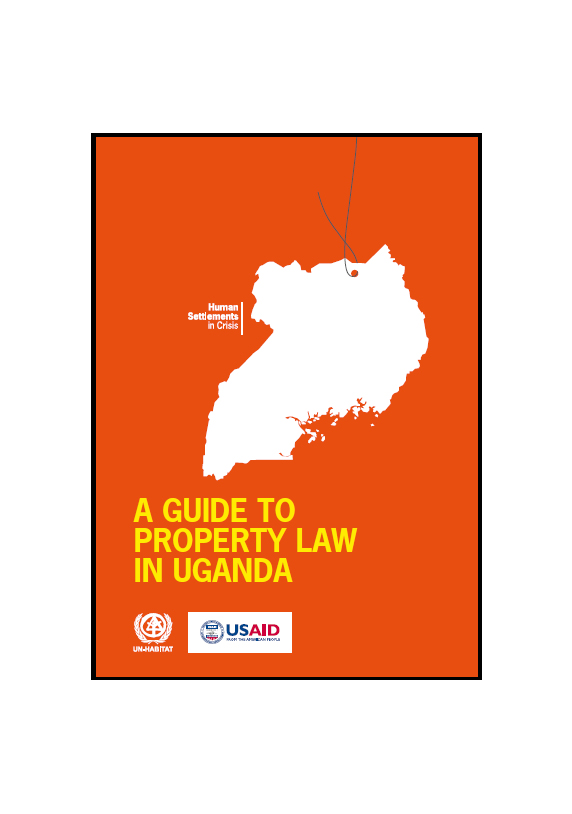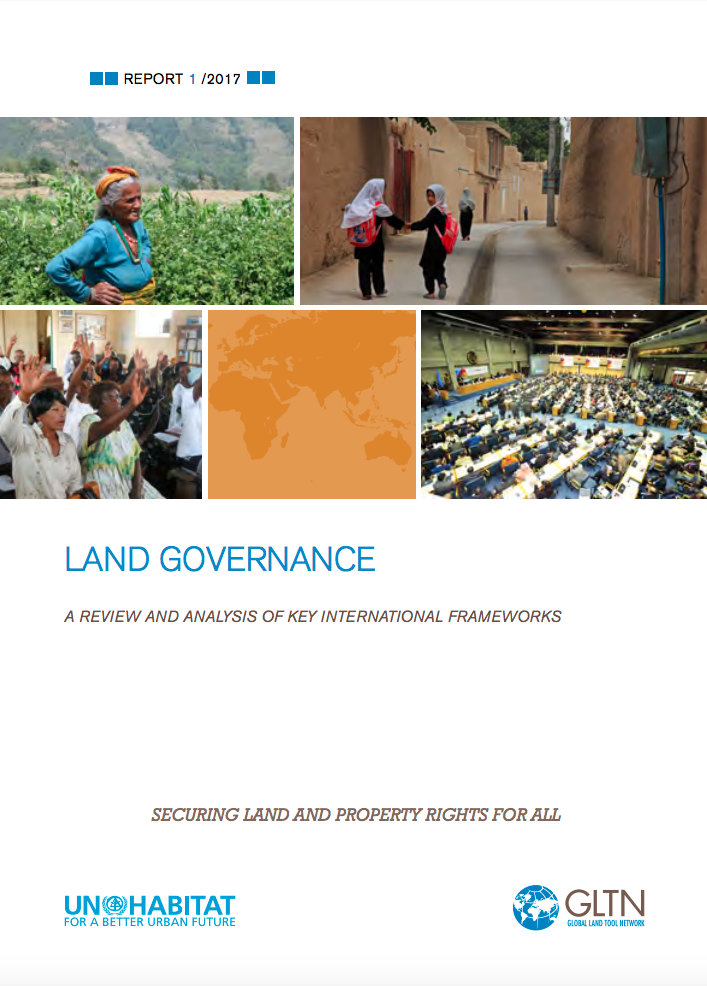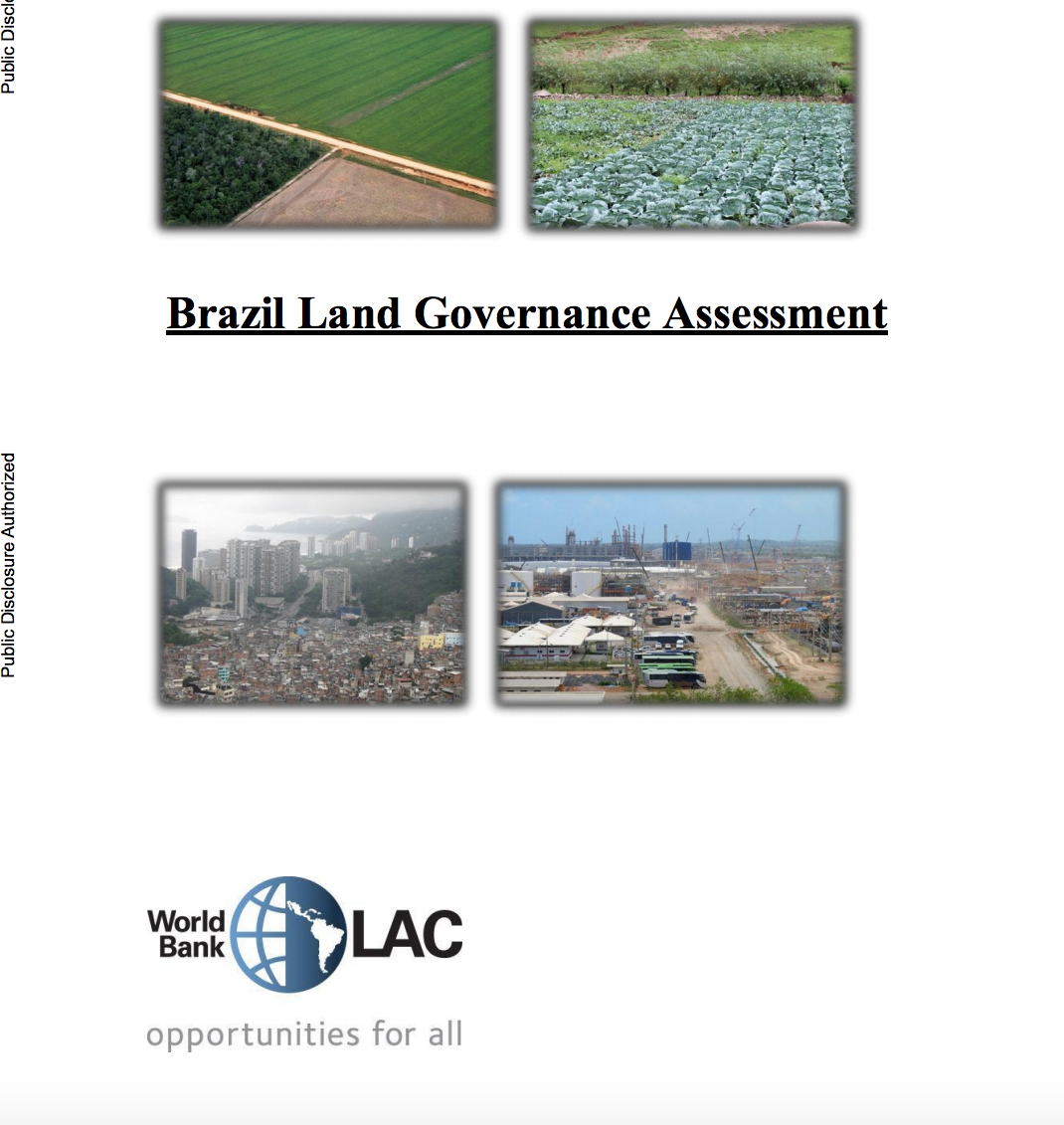A Guide to Property Law in Uganda
This guide has been written as an information resource for government officials, community leaders, humanitarian aid workers, judges, lawyers and others whose responsibilities include upholding land and property rights in Uganda. It outlines the main provisions of Uganda’s constitutional and legal framework and the protection these provide to property rights. It briefly outlines the historical background to existing land tenure relations, describes the constitutional provisions relating to land in the 1995 Constitution and sets out the main provisions of the Land Act 1998.





